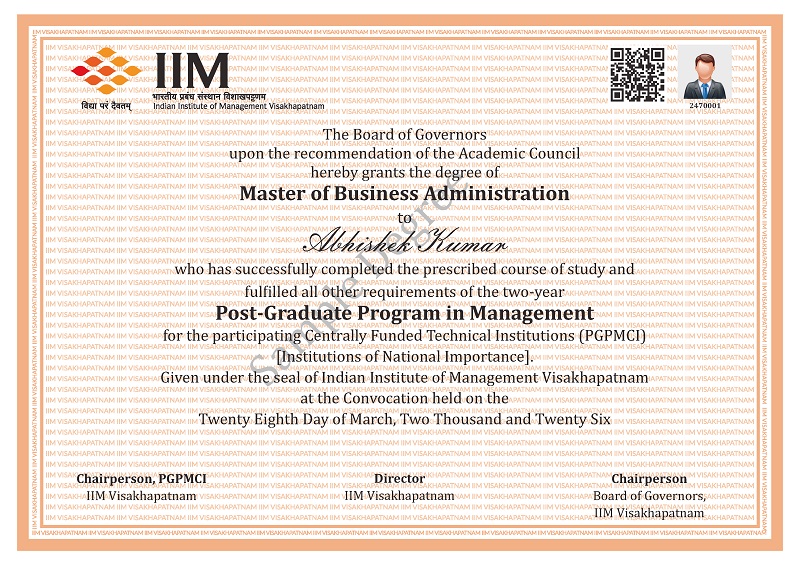Challenges in Regulating Fake Degrees: What Employers and Lawmakers Need to Know
Fake degrees are a billion-dollar industry. But the legal ramifications are murky.
When universities investigate allegations of academic fraud, they typically put together a panel of professors with subject matter expertise. That’s because academic fraud often involves a complex and obtuse field of study.
Legal Challenges
While the federal government has made efforts to put up storehouses of information on diploma mills and fake degrees, it is largely up to individual states to regulate them. In some cases, even if someone does not break any specific laws by bragging about their phony degree, they may be putting themselves in legal jeopardy by using legally protected terms that require licenses in their field, such as doctor, lawyer or professional engineer.
The main problem with fake degrees is that they devalue the legitimacy of real ones that people spend years and thousands of dollars earning. They also pose a risk to the public by allowing professionals like engineers and health-care workers to be hired without having the appropriate education or credentials.
Some companies sell fake degrees that look incredibly realistic. They often offer a choice of university and degree, and some can be created in as little as five days. Other companies purport to be able to award a degree based on an applicant’s life experience or past work. This can pose a risk to the public, as it can lead to fraudulent credentials being awarded in fields that could present health or safety risks.

Academic Fraud Prosecution
The literature devoted to academic fraud tends to assume that dishonest behavior is more pervasive than ever and is exacerbated by the ease of using the Internet for cheating. In addition, most people believe that students take an instrumentalist view of their education and will use any means necessary to secure a good grade.
It is important for instructors to know how to deal with allegations of academic dishonesty. This includes the procedures that must be followed to investigate them and to prosecute them in a way that is fair and equitable.
The procedures must be designed to ensure that the investigation of charges is carried out impartially by a panel of scholars who have expertise in the research field of the work under scrutiny, and who are not working on projects with the person charged. The Standing Committee may appoint persons outside the University to the panel, if it deems that this is necessary. This will help to prevent conflicts of interest, where the investigatory process and resulting charges are biased against the accused student.
Jurisdictional Issues
For those who can afford the fee, bogus degrees can be obtained from a number of diploma mills. Some of these are even based in the United States.
In addition to being a violation of federal law, using a fake degree is often a state crime as well. For example, it’s illegal in many states to fraudulently claim a degree that qualifies someone for a position that requires a license. Human resources workers typically run background checks on job applicants, including education checks.
The Internet has spawned a lucrative industry that sells fake degrees, transcripts and other academic documents. This is a growing threat, and experts say fraudsters are getting better at their game.
Eaton notes that creating a blacklist of fake schools and diploma mills is difficult, since the fraudsters can easily change their names and Internet domains. She recommends that employers use a reputable education agency to verify credentials instead. For example, the Oregon Office of Degree Authorization keeps a list of accredited universities in that state. It also verifies transcripts and conducts investigations of alleged degree fraud cases and go here https://lambang247.pro/.
Legislation on Fake Degrees
There is a clear need for better legal tools to crack down on bogus degrees. Verifile, a company that provides information on fraudulent universities and accrediting bodies, says that states that are “promiscuous” when it comes to education regulation may attract phony degree sellers to their shores. “For every high-profile case, there are dozens of ordinary people who use fake degrees to get ahead,” it says. The Seattle sheriff’s deputy who obtained a fake college degree to gain a 2 percent raise is one such case. So are the enlisted military officers who bought diplomas from an unaccredited school in Spokane, Washington.
Ezell says state and federal authorities should consider making it a crime to use fake degrees to obtain employment, or to enter professions that require licensure. That should also put a spotlight on diploma mills, which he says would be no more able to evade scrutiny than the bogus credit card and mortgage companies. But he adds that the responsibility for cracking down on academic fraud must also be shared by individuals, professional organizations and police departments.